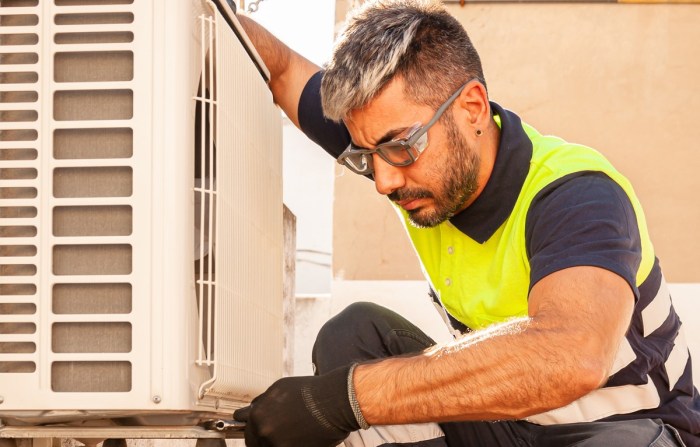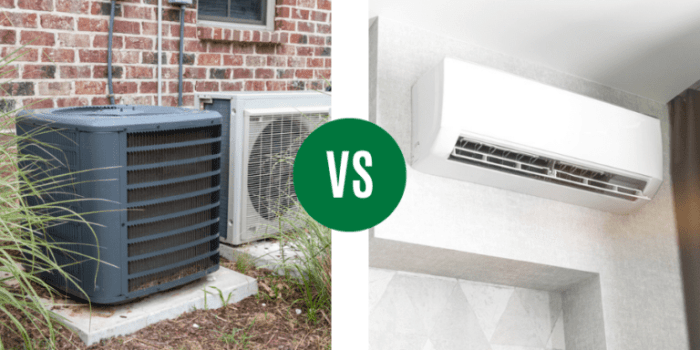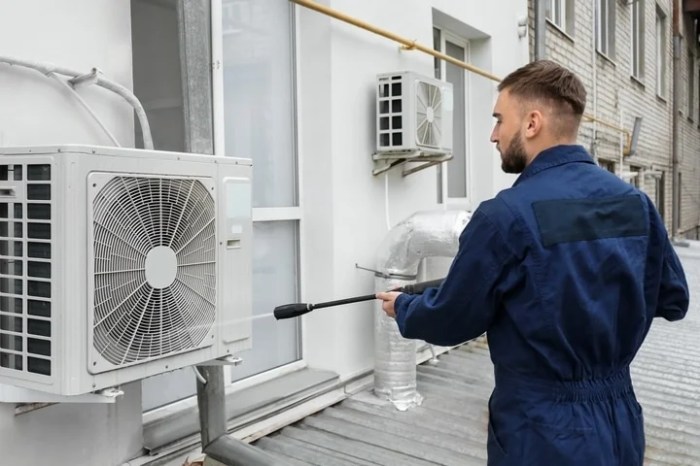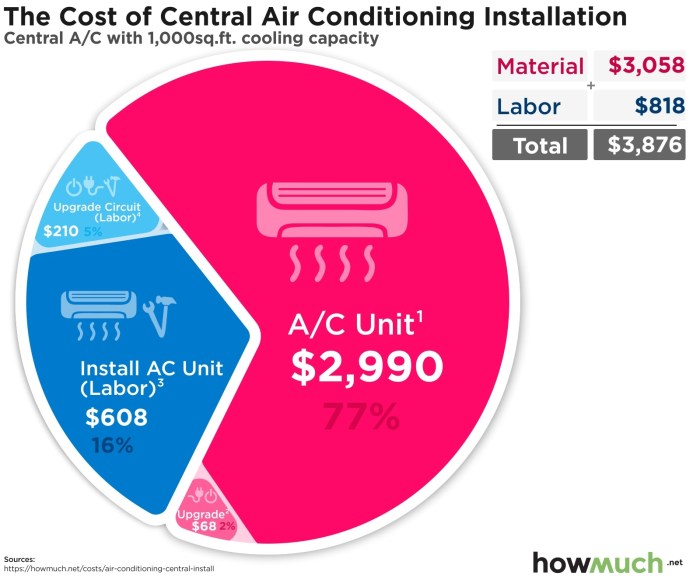Air Conditioner Financing Options You Didnt Know About
Embark on a journey through the lesser-known Air Conditioner Financing Options, where we delve into traditional and unconventional methods that can make a significant difference in your decision-making process.
Exploring credit score requirements, comparing loan providers, and uncovering rebates and incentives are just the beginning of this informative discussion.
Exploring Different Air Conditioner Financing Options
When it comes to purchasing a new air conditioner, there are various financing options available to help ease the financial burden. Let's take a look at both traditional and newer, unconventional methods of financing air conditioners, along with their benefits and drawbacks.
Traditional Financing Methods
Traditional financing methods for air conditioners include:
- Personal Loans: Borrowing a lump sum from a financial institution to cover the cost of the air conditioner, which is then repaid over time with interest.
- Credit Cards: Using a credit card to make the purchase and paying off the balance over several months, potentially incurring high-interest rates.
- Retailer Financing: Opting for financing offered by the retailer, which may include promotional interest rates or deferred payment plans.
Newer, Unconventional Financing Options
There are also newer, unconventional financing options available for air conditioners, such as:
- Energy-Efficiency Loans: Specialized loans that cater to energy-efficient home upgrades, including air conditioner installations, with favorable terms and interest rates.
- Lease-to-Own Programs: Allowing consumers to lease an air conditioner with the option to purchase it at the end of the lease term, spreading out the cost over time.
- PACE Financing: Property Assessed Clean Energy (PACE) financing, where the cost of the air conditioner is repaid through an assessment on the property tax bill.
Understanding Credit Score Requirements

Credit scores play a crucial role in determining the financing options available for purchasing an air conditioner. Lenders use credit scores to assess the risk of lending money to individuals, with higher credit scores indicating lower risk and vice versa.
Understanding the credit score requirements for air conditioner financing can help you navigate the process more effectively.
Credit Score Range for Different Financing Options
- Traditional Loans: Traditional loans typically require a credit score of 660 or higher for approval. These loans usually offer competitive interest rates and terms.
- Retail Financing: Retail financing options through air conditioner manufacturers or retailers may have more lenient credit score requirements, often accepting scores in the fair to good range (600-700).
- Specialized Financing Programs: Some specialized financing programs cater to individuals with lower credit scores, offering options for those with scores as low as 500. However, these programs may come with higher interest rates.
Improving your credit score can open up more financing opportunities and save you money in the long run.
Tips for Improving Credit Scores
- Pay bills on time: Timely payment of bills, including credit card payments and loans, can positively impact your credit score.
- Reduce debt: Lowering your credit card balances and overall debt can improve your credit utilization ratio, a key factor in credit scoring.
- Check your credit report: Regularly reviewing your credit report for errors and addressing any discrepancies can help maintain a healthy credit score.
- Avoid opening new credit accounts: Opening multiple new credit accounts within a short period can negatively impact your credit score.
Comparing Loan Providers

When considering air conditioner financing options, comparing loan providers is crucial to find the best fit for your needs. Factors such as interest rates, terms, and repayment options can vary significantly between different lenders. It's important to carefully evaluate these aspects before making a decision.
Interest Rates
- Interest rates play a significant role in determining the overall cost of the loan. Compare the rates offered by different providers to find the most competitive option.
- Look for fixed-rate loans to avoid fluctuations in interest payments over time.
Terms and Repayment Options
- Consider the length of the loan term and whether it aligns with your budget and financial goals.
- Look for providers that offer flexible repayment options, such as bi-weekly or monthly payments, to suit your financial situation.
Reading the Fine Print
- Before selecting a loan provider, make sure to thoroughly read the terms and conditions of the loan agreement.
- Pay attention to any hidden fees, penalties for early repayment, or other clauses that could impact the overall cost of the loan.
- Understanding the fine print can help you avoid any surprises down the line and ensure you are making an informed decision.
Exploring Rebates and Incentives
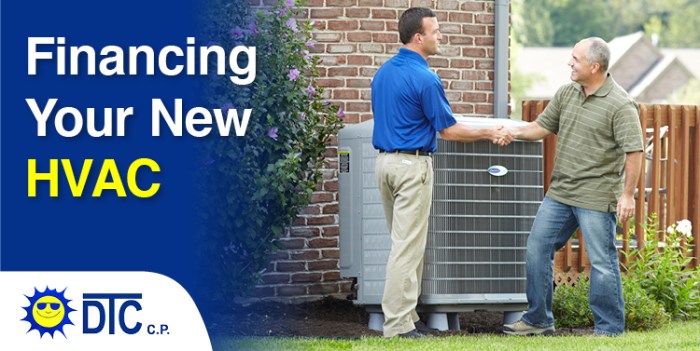
In the world of air conditioner financing, exploring rebates and incentives can make a significant difference in lowering the overall cost of your investment. These financial perks are often offered to encourage the purchase of energy-efficient air conditioners, ultimately helping you save money in the long run.
Potential Rebates and Incentives
- Many utility companies offer rebates for the purchase of energy-efficient air conditioners. These rebates can range from a few hundred dollars to over a thousand, depending on the model and efficiency rating of the AC unit.
- The government also provides incentives, such as tax credits, for homeowners who choose to install energy-efficient appliances. These credits can be claimed on your annual tax return, further reducing the financial burden of your new air conditioner.
- Some local municipalities or organizations may offer additional rebates or incentives for upgrading to a more energy-efficient cooling system. It's worth exploring these options in your area to maximize your savings.
Eligibility Criteria and Application Processes
- To qualify for rebates and incentives, your air conditioner must meet specific energy-efficiency requirements set by the provider. This usually involves purchasing a unit with a high SEER (Seasonal Energy Efficiency Ratio) rating.
- Application processes for rebates vary depending on the provider. Some may require you to submit proof of purchase and installation, while others may have online forms that need to be filled out. Be sure to follow the instructions carefully to ensure you receive the financial benefits.
- It's essential to check the expiration dates and terms of the rebates and incentives to make sure you meet all the criteria before making your purchase. Missing out on these opportunities could mean leaving money on the table.
Final Thoughts
In conclusion, the world of Air Conditioner Financing Options holds hidden gems that can transform your approach to securing the perfect cooling solution. Whether it's improving credit scores or unlocking rebates, this guide has shed light on the possibilities awaiting you.
Question & Answer Hub
What credit score is typically needed for air conditioner financing?
The credit score requirements can vary, but generally, a score of 650 or higher is recommended for better financing options.
Are there any rebates available for energy-efficient air conditioners?
Yes, there are rebates and incentives offered for energy-efficient models, which can help reduce the overall financing costs.
How important is it to compare loan providers for air conditioner financing?
Comparing loan providers is crucial to ensure you get the best terms, interest rates, and repayment options that suit your financial situation.
